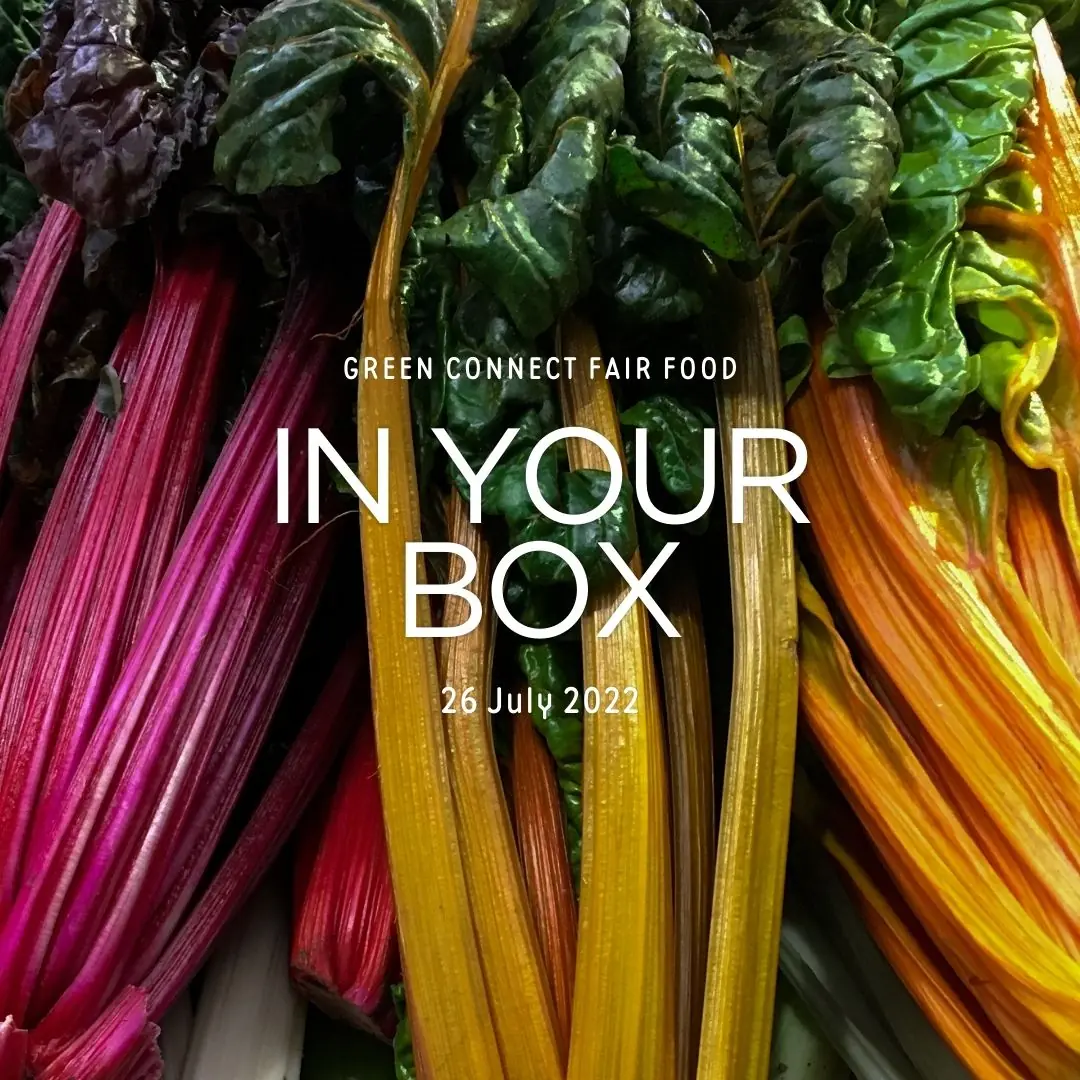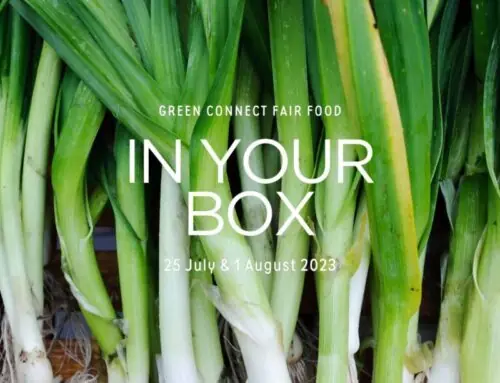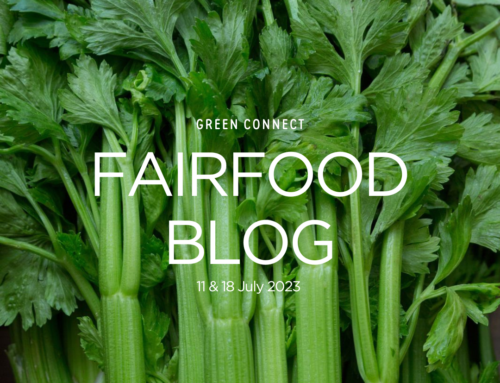Support Plants
A lot of thought and planning go into what we plant at the Green Connect Farm. This is evident when you look at the neat rows of diverse veggies across our 19 market gardens. But you might be surprised by how intentionally we plant the non-commercial parts of the farm too.
To help our veggies thrive in the most natural way possible, we need to incorporate other plants into our space that provide a range of different services. These ‘support plants’ stabilise our sloping soil and provide shade in hot summers and wind breaks from chilling winds in winter. They help to build up carbon and nutrients in the soil and provide biomass for ‘chop and drop’ mulch. They provide food for our animals, which is then turned into fertilising manure and free-range meat. They can also provide food for people.

Arrowroot is an exemplary support plant at our farm, providing a range of the services mentioned above. We can eat it too! West Indian Arrowroot is a common food source in many parts of the world, including in Myanmar where many of the farm staff are from. The species we grow most is Queensland arrowroot and I’m told it’s relatively bland by comparison. But just like potato, casava, or taro, there are many ways you can eat it!
Check out the ‘Feature Veg’ information below for ideas on how to prepare and cook the arrowroot tuber your veg box this week. You can also plant it in your garden to grow your very own arrowroot plant!
Enjoy,
Lindsay Burlton
Fair Food Coordinator
In your box this week:

Note: We sometimes need to make changes to what we pack in your veg box based on the quantity or quality of produce that we can harvest and source. If you have any questions about what is in your box, don’t hesitate to contact us at fairfood@green-connect.com.au.
Feature Veg: Arrowroot
 Queensland arrowroot, also known as achira or canna edulis, comes from the rhizome of the perennial arrowroot plant. It is a starchy root vegetable, similar to casava or taro, and cooks in a very similar way. You can mash it, cook it into chips, or add it to soups, stews, or curries. And of course, you can turn it into a powder or flour that can be used in baking (arrowroot biscuits, anyone?!) and as a gluten-free thickener for sauces, custard and more.
Queensland arrowroot, also known as achira or canna edulis, comes from the rhizome of the perennial arrowroot plant. It is a starchy root vegetable, similar to casava or taro, and cooks in a very similar way. You can mash it, cook it into chips, or add it to soups, stews, or curries. And of course, you can turn it into a powder or flour that can be used in baking (arrowroot biscuits, anyone?!) and as a gluten-free thickener for sauces, custard and more.
Store your arrowroot in the fridge to keep it fresh and make sure to put it in cold water immediately after peeling or cutting to stop it turning brown. It cooks more slowly than potato, so allow extra time when boiling and make sure to parboil it before roasting.
Check out these resources for more information on how to prepare your arrowroot tubers:
https://selfsufficienthomelife.com/how-to-make-arrowroot-powder-with-canna-edulis/
https://greenharvest.com.au/Plants/Information/Arrowroot.html








Leave A Comment
You must be logged in to post a comment.